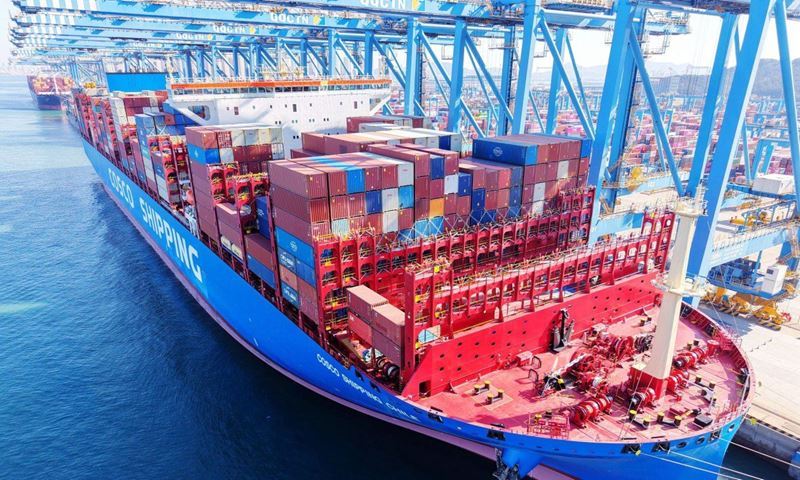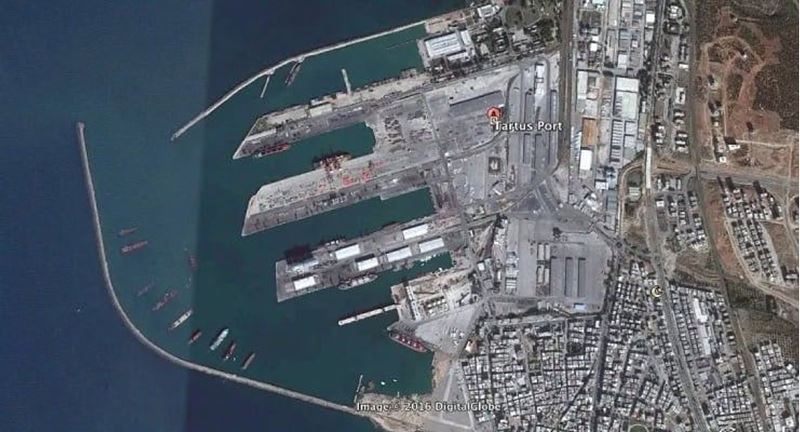Since mid-October, the US and China had imposed reciprocal port charges on each other’s ships. The measure targeted ocean carriers handling a wide range of trade — from holiday consumer goods to crude oil.
At the time, Chinese state media accused the US of violating the bilateral maritime transport agreement by imposing tariffs on Chinese ships. According to CCTV, China responded by applying a fee of 400 yuan per net ton (around USD 56) on US-linked vessels docking at its ports.
According to a White House briefing dated November 1, the US administration will halt these measures aimed at limiting China’s influence in global shipping, while Beijing will in turn suspend its retaliatory fees.
The decision extends the trade truce reached during last week’s meeting between US President Donald Trump and Chinese President Xi Jinping. During the talks, the two leaders agreed to strengthen cooperation in areas such as semiconductors, rare earth elements, and agricultural trade.
Experts noted that the reciprocal port fees risked causing disruptions in global shipping, increasing freight costs, and slowing the trade of commodities including oil. During the suspension period, Washington is expected to continue negotiations with Beijing over the maritime sector probe and explore new shipbuilding opportunities with South Korea and Japan.










Comments
No comment yet.